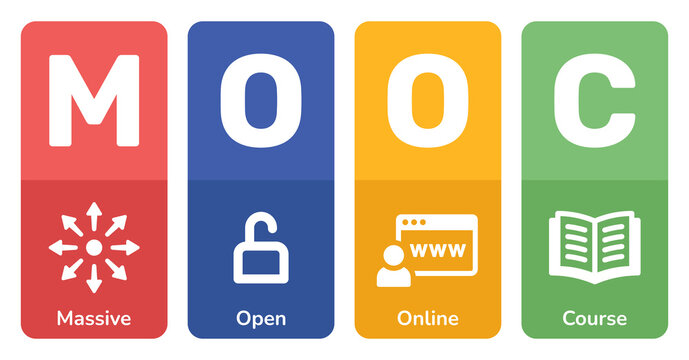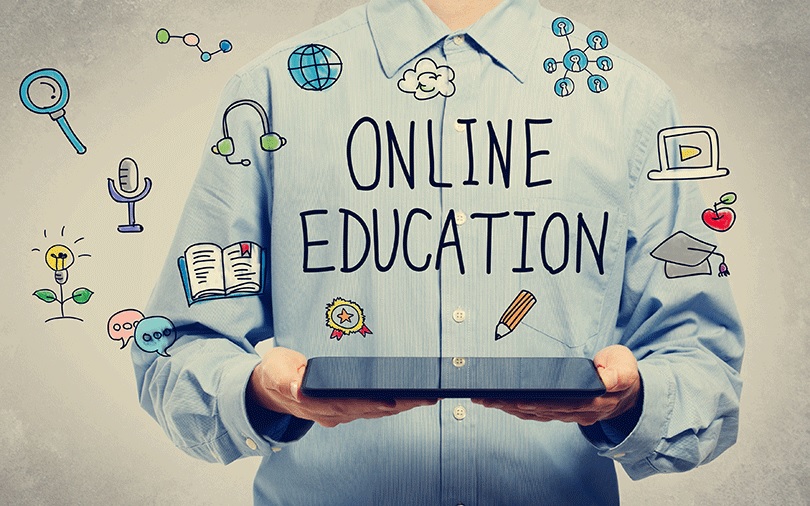In today’s dynamic world, the construction of knowledge is no longer a novelty that is restricted to the confines of the traditional school or university. Traditional models of education are now being replaced with thinkers, doers, and doers who learn, and experience-based opportunities that transform anybody into an intellectual learner without the traditional limitations. How to grow and build expertise outside the traditional classroom.
Embrace Self-Directed and Life-Long Learning
Self-directed learning is key to becoming an independent learner. This technique is about defining personal learning objectives, choosing the resources and being driven by curiosity and intrinsic motivation. Once you know what interests you – in science, art, business, technology, etc. – start finding books, articles, podcasts, online lectures, tutorials and other ways to pursue your passion profusely. This kind of knowledge building builds independence, discipline and critical thinking – all of which are important in any career or activity.
Explore Alternative and Flexible Learning Platforms

From a how-to video to a college course, online learning has become a global leveling mechanism that provides instant access to all things from anywhere with an internet connection. Massive Open Online Courses (MOOCs), virtual classrooms, skill-sharing apps, and interactive forums make learning flexible and fit around any schedule. Many platforms provide the opportunity to study at your own pace, re-visit complex material and explore different fields for little or no expense. Microschools, pods and self-directed centers are community-led models that provide collaborative spaces to work on subjects with others, with both structure and flexibility.
Make Learning Active: Projects, Practice, and Application
Knowledge is internalized only when it is put into practice. Work on project-based learning: make experiments on your own, create a blog, develop an app, or volunteer for organizations, or work on open-source projects. Real life experiences support learning, lead to further questioning and present skills to future employers and/or collaborators. Videos, written instruction manuals and peer groups likewise help to increase understanding because in teaching you also learn and it is only through explanation that one learns what is clear.
Find Mentors, Communities, and Real-World Feedback

Mentoring and peer learning are still powerful tools beyond the four walls of education. Find experienced mentors – Look for mentors in the community (online forums, professional networks, local meetups) who will be able to critique your progress and give you actionable feedback. Online discussion groups, public forums, and collaborative projects offer feedback, accountability and motivation. Communities put you into contact with different viewpoints, question your presuppositions, and advance your development faster.
Build Holistic Skills
Modern knowledge building is also about building soft skills like communication, collaboration, adaptability and emotional intelligence. Hold conversations, participate in group activities, and creative activities to practice these important skills. A comprehensive approach not only emphasizes academic knowledge but also the development of resilience, critical thinking skills, problem-solving abilities, and ethical decision-making – all essential qualities for long-term success.
Ultimately, self-education without a traditional education means being a curious, resourceful, and experimental learner. “With today’s technology, the availability of varied communities and real-world opportunities, anyone can become an expert in the field of their choice.” The road can be unlike, but it is full of independence, discovery and life-long learning.

